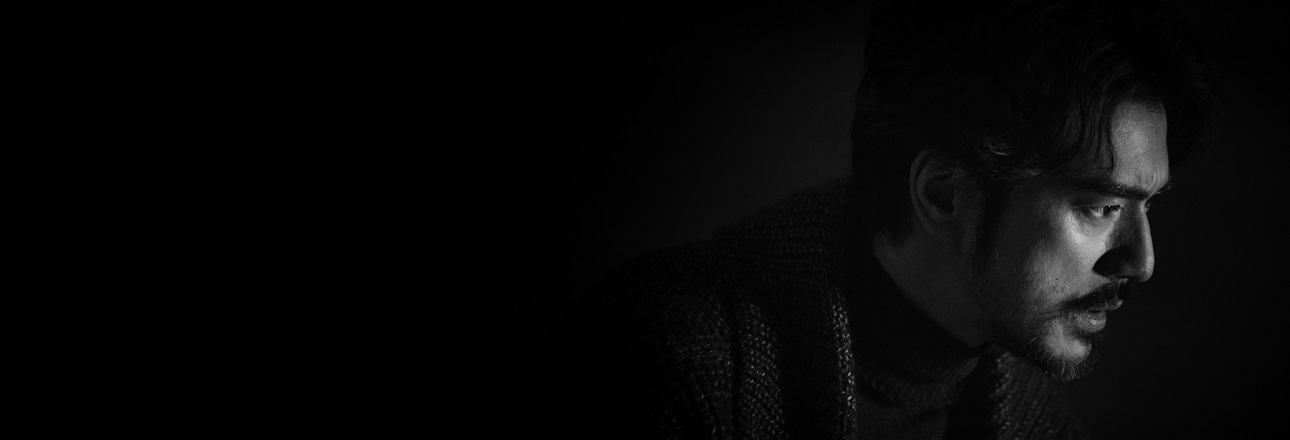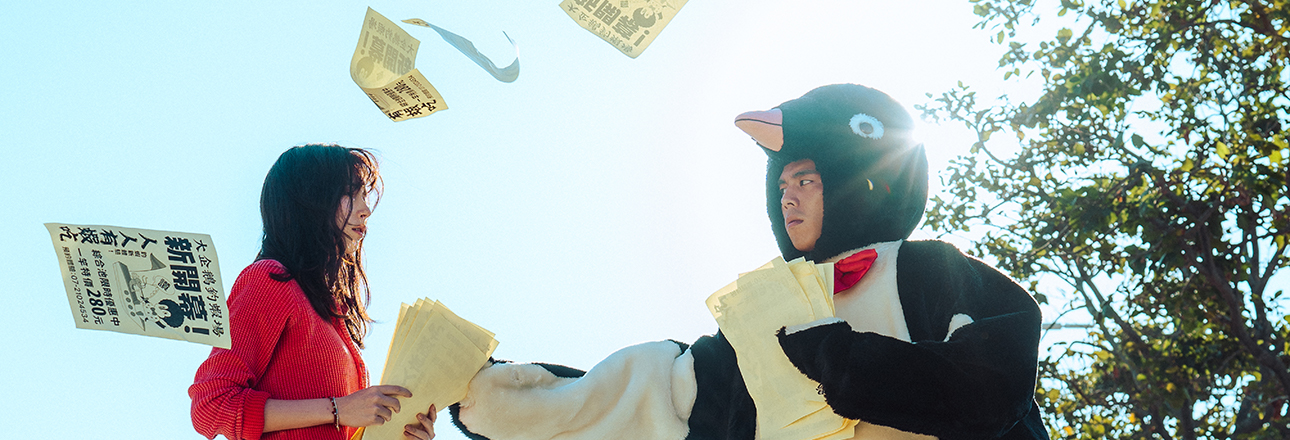News
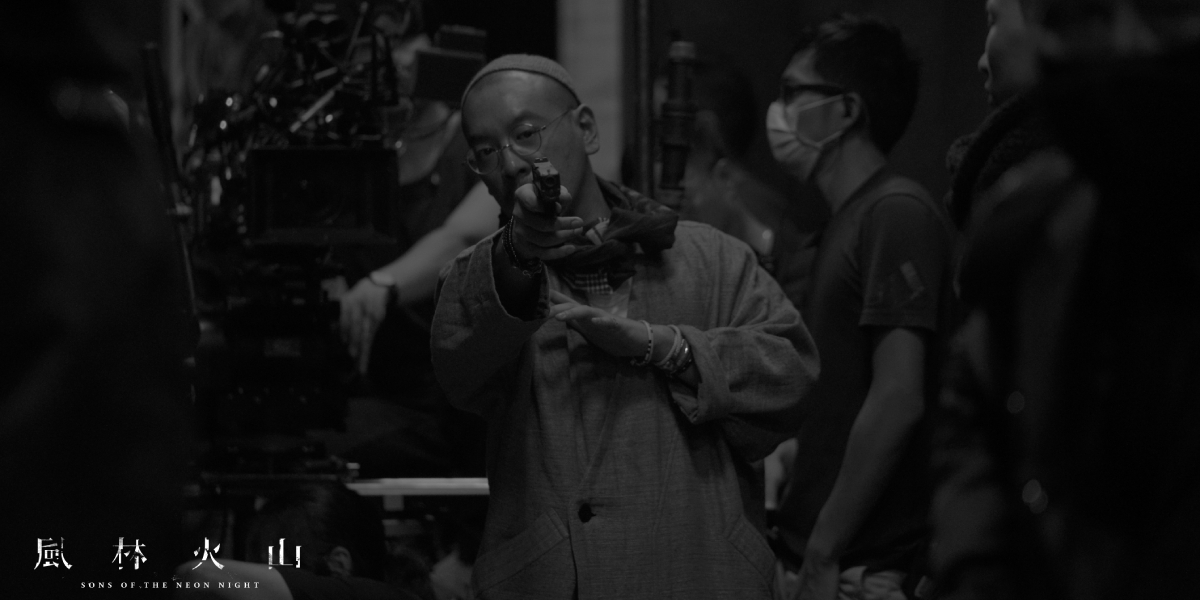
Juno Mak on Taking Ten Years to Direct Hong Kong’s Most Expensive Movie, ‘Sons of the Neon Night’: ‘I’ve Built a World Where it’s Freezing’ (EXCLUSIVE)
- Posted on
- 2024-10-04
- Source
- VARIETY
Futuristic crime drama boasts a stellar cast headed by Takeshi Kaneshiro, Tony Leung Ka-fai, Sean Lau and Louis Koo.
Artist, musician and fashion designer, Juno Mak is an elusive icon who made a bold film directing debut with 2013 supernatural horror title “Rigor Mortis.” Two years later, he announced plans for a second film that would even more ambitious, but (publicly, at least) the film seemed to stall.
Now, in recent days Mak has resurfaced and revealed that the missing film is, in fact, largely completed and should be ready early in 2025.
Moreover, it turns out that its principal cast includes four of the biggest names in East Asian cinema – Takeshi Kaneshiro, Tony Leung Ka-fai, Sean Lau and Louis Koo – and that Mak’s icy reinvention of Hong Kong has cost $50 million. That would make it even more expensive than the recent action blockbuster “Twilight of the Warriors: Walled In.”
On the eve of the Asian Contents and Film Market, where Distribution Workshop is relaunching the sales process, Mak told Variety about his process and the film’s unique sensibility.
How did this film become stalled and then restart ?
We finished the principal photography in 2017 and were in post-production for around two years, when COVID hit. That put everything on pause. Only after COVID did everything start again. It was down to technical issues, not a rethink of the story.
You’re calling it a futuristic police thriller?
I’d say it’s a crime drama. In Hong Kong cinema, that’s kind of stereotype. But 'Sons of the Neon Night' makes no reference to any other film. It’s more a reimagination, a reinterpretation, a world on its own. The story revolves around greed, addiction to power, and, of course, addiction to all sort of drugs, including prescription drugs. And it is also about the torturous relations among families related by blood.
What you’ve just described could be 18th century Korea or 21st century United States.
Does your story have to be a Hong Kong tale?
Hong Kong is the background of the film. But it’s not a documentary. Rather it’s based in Hong Kong, but it is also a world of my own, where it’s snowing. It is about the butterfly effect, the consequences flowing from a decision made by one of the characters, and which upsets the balance of the place.
How did you manage to pull together such a sensational cast?
I feel very blessed about this. After I’d finished “Rigor Mortis,” it was quite easy to talk about a sequel. Investors and distributors were certainly asking for that. But I felt that the message and the content that I was looking for was all in the original film and that there was no point in doing a sequel or a prequel, at that time.
Rather, as we travelled from Venice to the Toronto Film Festival with “Rigor Mortis” and I was suffering jet lag, I started scripting the first scenes of “Sons of the Neon Night.” It took me four years to finish the script.
I had all these characters in my mind, and later travelled to meet the actors and actresses. Something about “Rigor Mortis” had got their attention, but I had to explain was about that this was different from what they’d seem of me before. There are no ghosts or supernatural elements. The characters I was asking them to play would not be anything they had played previously, even though they are really experienced.
Were able to give them a completed script, or were you still pitching an idea or concept at that stage?
It was a completed script.
How does this film connect with your artwork, your role as a singer and musician. Especially since real world Hong Kong has changed so much since 2017?
Well, since the story is set in an imaginary version of Hong Kong, it is not restricted and doesn’t matter if it is a 2018 film or whether it is a 2028 film. It could also be a period film from the 1920s. One thing I look for in the scripting of any film or a music album of mine, is the timelessness of it. It shouldn’t be distracted or restricted by the time we’re living in.
As I started my career as a singer and as a music producer, I was more sensitive to sound. When I did ‘Rigor Mortis,’ and was interviewing the cast who were all experienced they asked me whether I had any visual reference, typically something I’d shot before. I told them honestly that I’d never shot anything before, not even on my phone. But what I had was a complete soundtrack. And I provided them with [aural cues], music that I composed, or where I’d worked with different composers.
Filmmaking works differently for different people. That’s the beauty of it, words, music, visuals, sound effects, they all come together at the end of the day.
What part of the filmmaking process do you find the most interesting and the most challenging?
There is always a lifecycle to every creative project, whether it’s film, a music album, a script or even a novel. So, I’d say [I like] the journey.
Ours was a pretty long shoot. The principal shooting was 142 days. That is pretty rare for Hong Kong cinema. And there are a lot of characters — 20 to 30– so it was like shooting six films at the same time. I loved [having so many roles] and that all the communications were really one-on-one [and came through me] even with investors and sales agents. That’s a very magical journey for a filmmaker on only their second film as director.
What were you trying to achieve with the stylization?
Before I started, I created a reference Bible of what the characters wear, what the scene looks like, what’s the, vibe of the film. Only then did we get to the production stage or do location scouting. We also had a lot of built sets.
The film is a slow burner, but the camera is not a character in the way that, with many big budget Hong Kong films the camera becomes a character. [In my film] the camera is documenting what happens between the characters. There’s a more aesthetic distance.
There’s also coldness, that is rather unique, if you compare it with other films from Hong Kong, which is, after all, is a tropical place. I’ve chosen to re-build a world where it’s freezing. That, in turn, affects the choices the characters make. I think of it as a new twist on the Hong Kong cinematic experience.
If this film took you nearly ten years, would you ever make another movie?
We’re still in post on this one! I have been scripting different stories throughout the years. Some projects are meant to be a music album, some projects are meant to be a stage performance, and some other stories are meant to be a film or even a TV mini-series. I’d prefer to say that I enjoy being creative, not the sense that [I’m making a particular product].
It was a completed script.
How does this film connect with your artwork, your role as a singer and musician. Especially since real world Hong Kong has changed so much since 2017?
Well, since the story is set in an imaginary version of Hong Kong, it is not restricted and doesn’t matter if it is a 2018 film or whether it is a 2028 film. It could also be a period film from the 1920s. One thing I look for in the scripting of any film or a music album of mine, is the timelessness of it. It shouldn’t be distracted or restricted by the time we’re living in.
As I started my career as a singer and as a music producer, I was more sensitive to sound. When I did ‘Rigor Mortis,’ and was interviewing the cast who were all experienced they asked me whether I had any visual reference, typically something I’d shot before. I told them honestly that I’d never shot anything before, not even on my phone. But what I had was a complete soundtrack. And I provided them with [aural cues], music that I composed, or where I’d worked with different composers.
Filmmaking works differently for different people. That’s the beauty of it, words, music, visuals, sound effects, they all come together at the end of the day.
What part of the filmmaking process do you find the most interesting and the most challenging?
There is always a lifecycle to every creative project, whether it’s film, a music album, a script or even a novel. So, I’d say [I like] the journey.
Ours was a pretty long shoot. The principal shooting was 142 days. That is pretty rare for Hong Kong cinema. And there are a lot of characters — 20 to 30– so it was like shooting six films at the same time. I loved [having so many roles] and that all the communications were really one-on-one [and came through me] even with investors and sales agents. That’s a very magical journey for a filmmaker on only their second film as director.
What were you trying to achieve with the stylization?
Before I started, I created a reference Bible of what the characters wear, what the scene looks like, what’s the, vibe of the film. Only then did we get to the production stage or do location scouting. We also had a lot of built sets.
The film is a slow burner, but the camera is not a character in the way that, with many big budget Hong Kong films the camera becomes a character. [In my film] the camera is documenting what happens between the characters. There’s a more aesthetic distance.
There’s also coldness, that is rather unique, if you compare it with other films from Hong Kong, which is, after all, is a tropical place. I’ve chosen to re-build a world where it’s freezing. That, in turn, affects the choices the characters make. I think of it as a new twist on the Hong Kong cinematic experience.
If this film took you nearly ten years, would you ever make another movie?
We’re still in post on this one! I have been scripting different stories throughout the years. Some projects are meant to be a music album, some projects are meant to be a stage performance, and some other stories are meant to be a film or even a TV mini-series. I’d prefer to say that I enjoy being creative, not the sense that [I’m making a particular product].
Latest News
-
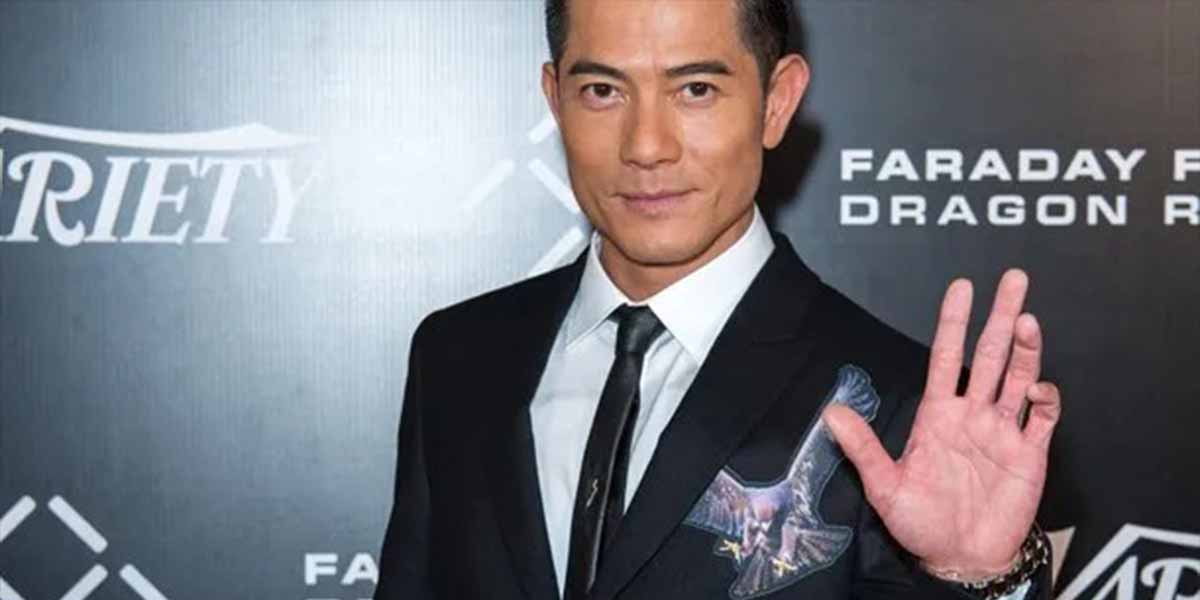
Aaron Kwok Drama ‘IOU’ Unveiled by Distribution Workshop at Hong Kong FilMart
2025-03-17
-

Distribution Workshop Picks Up Financial Scam Drama ‘IOU’ Starring Aaron Kwok
2025-03-17
-
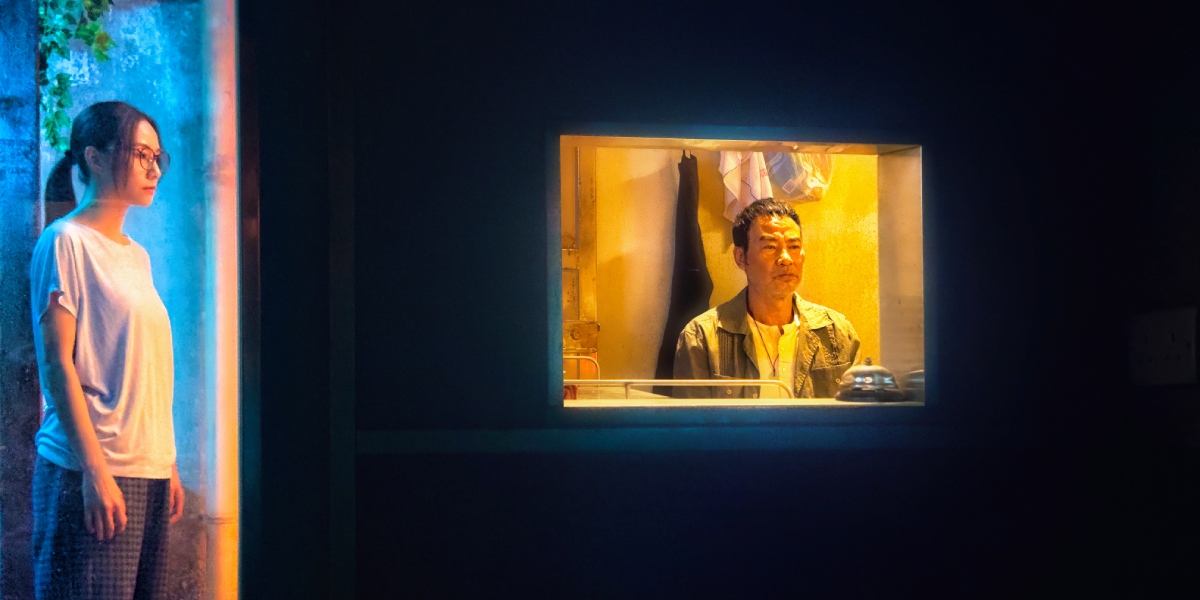
Film Review: Little Red Sweet (2024) by Vincent Chow
2024-11-08
-
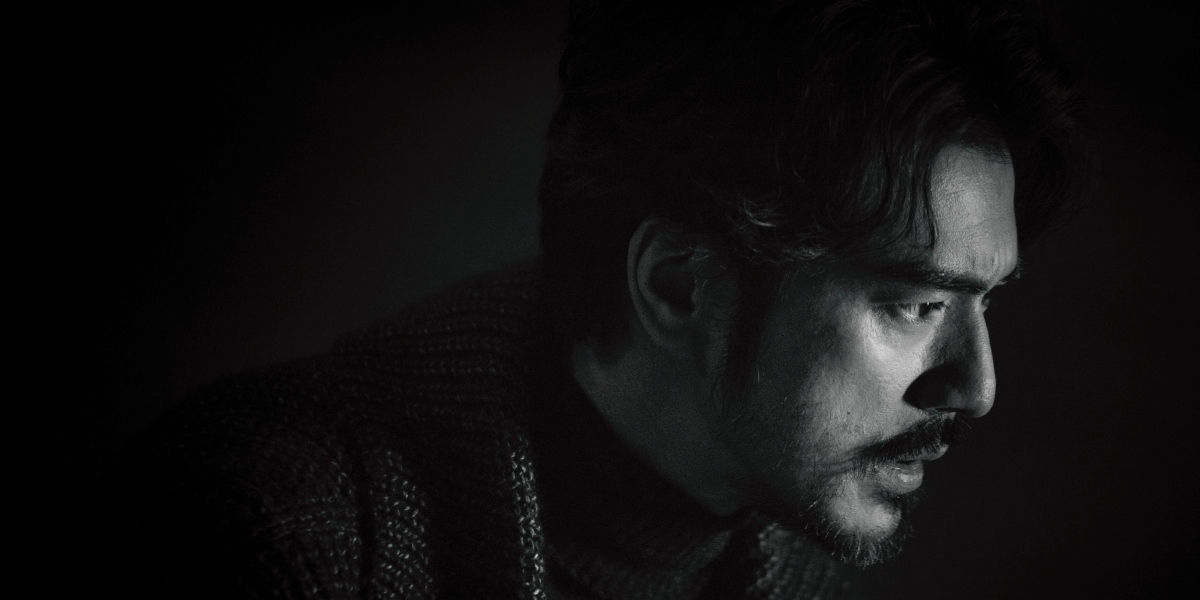
Distribution Workshop To Launch Sales On Juno Mak’s ‘Sons Of The Neon Night’ At ACFM
2024-09-30
-
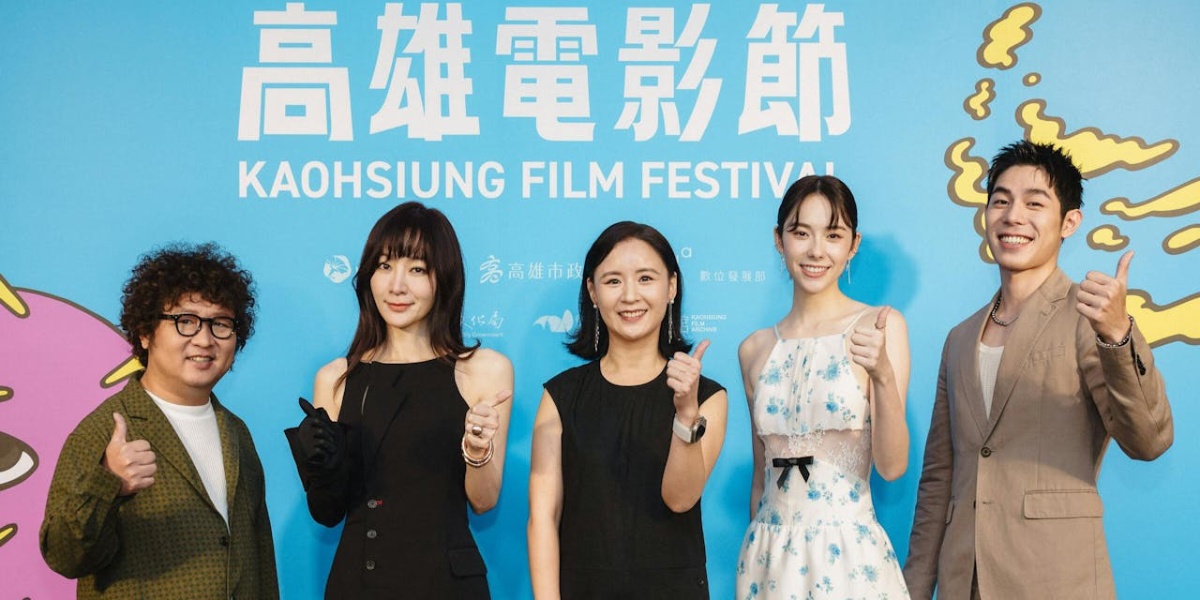
Kaohsiung Film Festival to feature ’Penguin Girl’ as opener
2024-09-02
-

Why Tsui Hark’s Shanghai Blues, shown at Cannes 2024, is one of his best films 40 years on
2024-08-25

